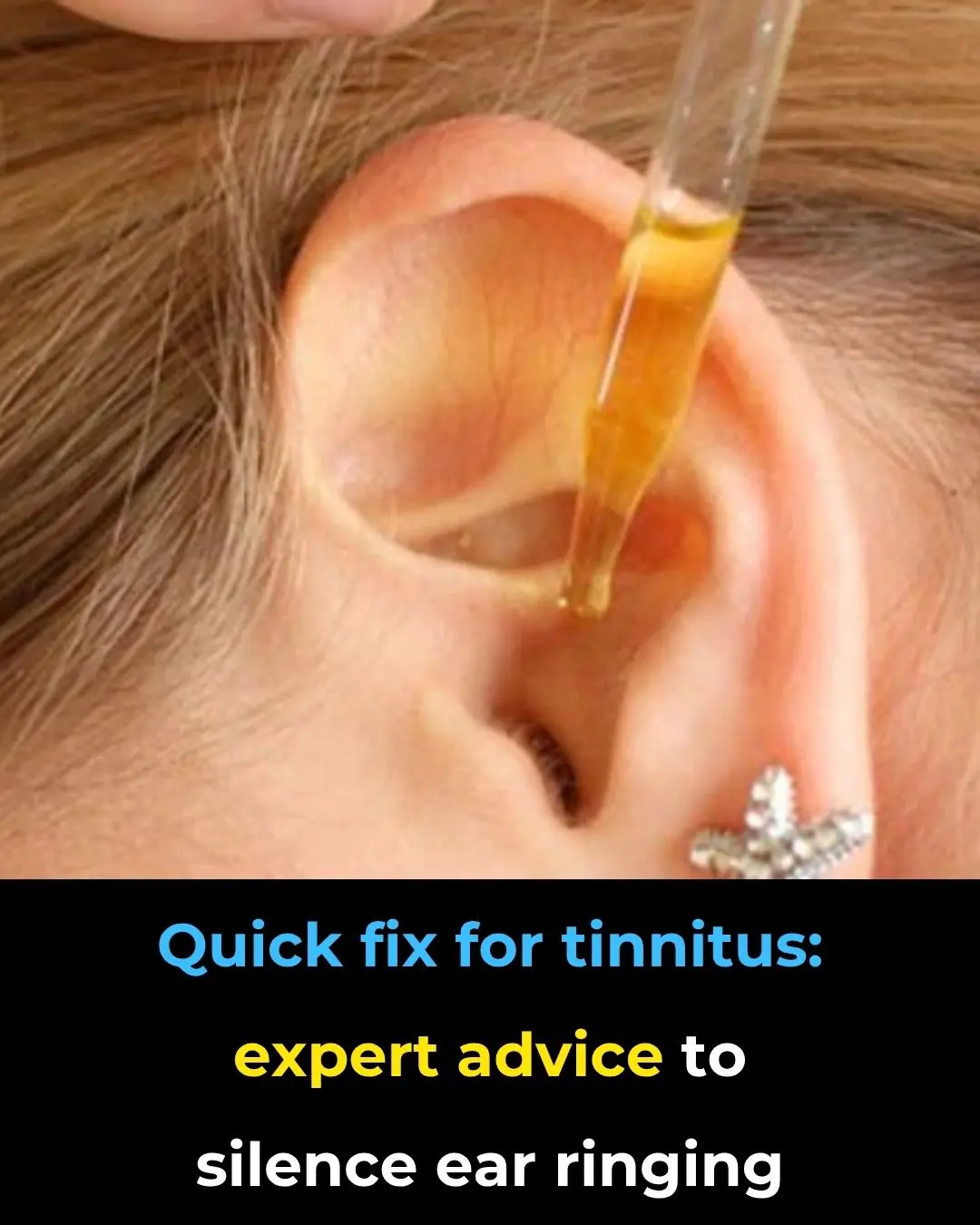
My nana taught me this hack to make cloudy glasses sparkle in 2 mins with 0 work. Here’s how it works
Growing up, I was always enchanted by my grandmother’s pristine collection of glassware that shimmered like diamonds whenever sunlight streamed through the window. Each glass sparkled with such clarity that it looked almost magical, as though she had spent hours polishing every inch by hand. Naturally, I assumed her secret lay in tireless scrubbing, meticulous washing, and an almost supernatural patience.
But one afternoon, while helping her clean up after Sunday lunch, she shared her secret—a simple, two-minute trick that restored even the cloudiest glasses to their former brilliance. The most surprising part? It involved no scrubbing, no fancy cleaners, and almost no effort at all.
In our fast-paced lives, it’s easy to overlook small domestic details like foggy glasses or dull tableware. Yet, even the most beautifully set table can lose its charm when the glassware looks cloudy. Whether caused by hard water minerals or detergent residue, it’s a common frustration. Fortunately, my nana’s method is as quick as it is effective—a timeless little life hack that anyone can master. Here’s how it works.
1. The Common Problem of Cloudy Glasses
Cloudy glasses are a familiar nuisance in countless households. The culprit, in most cases, is hard water, which is rich in minerals like calcium and magnesium. As water dries on your glasses, these minerals leave behind a filmy residue that builds up over time, dulling the surface and creating that foggy, milky appearance.
The problem tends to worsen if your dishwasher doesn’t fully rinse away detergent. Residual soap can bond with mineral deposits, forming a stubborn haze that refuses to budge no matter how much you wipe or polish. In extreme cases, glasses can become so opaque that they appear permanently stained—though thankfully, that’s rarely the case.
2. Why Conventional Methods Fall Short
When faced with cloudy glassware, most people reach for familiar tools: dish soap, sponges, or commercial glass cleaners. Unfortunately, these solutions often mask the problem rather than solving it. Vigorous scrubbing may remove surface grime, but it can also scratch the glass, especially if it’s thin or antique. And even the most expensive store-bought cleaners sometimes leave chemical residues that attract new dirt or dull the shine.
The real issue lies beneath the surface. Unless you neutralize the mineral build-up, the cloudiness will always return. That’s why traditional cleaning methods often feel like an endless cycle—lots of effort, little reward.
3. The Secret Ingredient: White Vinegar
Enter the hero of this story: white vinegar. This humble pantry staple is one of nature’s most effective cleaning agents. Containing acetic acid, vinegar cuts through mineral deposits, dissolves soap film, and restores the natural clarity of glass.
To use it, simply mix one part white vinegar with one part water. The mild acidity is strong enough to break down the mineral residue but gentle enough not to damage the glass. It’s eco-friendly, inexpensive, and completely non-toxic—ideal for families, pet owners, and anyone who prefers natural cleaning over chemical alternatives.
For an extra shine, you can even warm the vinegar slightly before using it. Warm vinegar reacts faster with mineral deposits, boosting its cleaning power without adding any extra effort.
4. The Power of Baking Soda
While vinegar does most of the heavy lifting, baking soda (sodium bicarbonate) is its perfect partner. When combined, the two create a gentle fizzing reaction that helps lift away grime, residue, and even light stains. This effervescence not only looks satisfying but also enhances the cleaning process by loosening particles stuck to the surface.
Baking soda is also slightly abrasive—just enough to polish without scratching. It’s particularly handy for glasses that have been neglected for a while or for tackling those cloudy rings at the base of wine glasses. Together, vinegar and baking soda form a natural cleaning duo that’s safe, powerful, and almost effortless.
5. Nana’s No-Scrub Technique
Here’s my grandmother’s exact method—simple, elegant, and foolproof. She would fill a basin or sink with a mixture of equal parts warm water and white vinegar, then gently place the cloudy glasses inside. The key was patience: she never scrubbed or rubbed, just let the solution sit for a couple of minutes while she went about her chores.
After soaking, she would lift the glasses out, rinse them thoroughly under warm running water, and dry them with a soft cloth. The result? Glasses so clear they seemed invisible. The magic lies in letting nature—and a little chemistry—do all the work.
6. The Two-Minute Miracle Process
What makes this method so remarkable is its speed. In just two minutes, you can completely transform the look of your glassware. Simply:
-
Combine one cup of white vinegar and one cup of warm water in a bowl or sink.
-
Submerge the glasses completely and let them soak for two minutes.
-
Rinse thoroughly with warm water, then dry with a microfiber or lint-free cloth.
No elbow grease, no harsh chemicals, and no waiting around for hours. The transformation is instant and deeply satisfying—a small domestic miracle that saves both time and effort.
7. Comparing the Hack to Store-Bought Solutions
Store-bought glass cleaners can be effective, but they often come at a cost—both literally and environmentally. Many contain ammonia, artificial fragrances, or alcohol-based compounds that can irritate skin and lungs. Over time, the expense of these products adds up, especially if you use them regularly.
My grandmother’s method, on the other hand, relies on two natural, affordable ingredients that you probably already have in your kitchen. The results are just as stunning, but without the chemical residue or plastic waste. It’s proof that sometimes, the simplest solutions are also the smartest.
8. The Science Behind the Sparkle
The brilliance of this hack lies in basic chemistry. Vinegar’s acetic acid dissolves alkaline mineral deposits, while baking soda’s bicarbonate ions react to create carbon dioxide bubbles. These bubbles gently lift dirt and residue away from the glass surface.
This reaction doesn’t just clean—it neutralizes. By balancing the pH of the residues, it prevents future buildup, meaning your glasses stay clearer for longer. The process is entirely natural yet scientifically sound, harnessing chemistry in the most practical, everyday way.
9. Real-Life Success Stories
This trick has quietly spread far beyond my family kitchen. Homeowners, restaurant owners, and even vintage collectors have praised its effectiveness. One woman shared that her decades-old wedding crystal regained its brilliance after a single soak. Another mentioned how her dishwashing routine became easier once she started using vinegar regularly—no more endless polishing or frustration.
In online cleaning communities, many have dubbed it the “two-minute miracle”, noting how it revives dull glassware without costly or toxic products. It’s a rare example of an old-fashioned remedy that still outperforms modern alternatives.
10. Tips for Maintaining Crystal Clear Glasses
To keep your glassware looking flawless between cleanings, follow these small but effective habits:
-
Rinse immediately after use to prevent mineral deposits.
-
Avoid harsh detergents or use a small amount of dish soap with soft water.
-
Add vinegar to your dishwasher’s rinse cycle once a week to prevent buildup.
-
Dry with a microfiber cloth instead of letting glasses air dry, which can cause water spots.
With these simple steps, you can enjoy that fresh, just-polished look every day—with almost no extra effort.
11. Addressing Common Concerns and Misconceptions
Some worry that vinegar might be too harsh for delicate or antique glassware. While vinegar and baking soda are generally safe, it’s wise to test a small section first—especially for hand-painted or etched crystal. For most modern glass, however, this method is completely safe.
Another misconception is that natural cleaning methods are time-consuming. In reality, this process takes less time than it does to brew a cup of tea. It’s quick, eco-friendly, and incredibly rewarding. Once you see your first set of glasses gleam like new, you’ll never go back.
Final Thoughts
My grandmother always said, “A little care and a little cleverness go a long way.” Her two-minute trick embodies that wisdom—simple, sustainable, and surprisingly effective. With just vinegar, baking soda, and two minutes of your time, you can bring a bit of sparkle back into your home—and maybe even a touch of nostalgia too. ✨
News in the same category

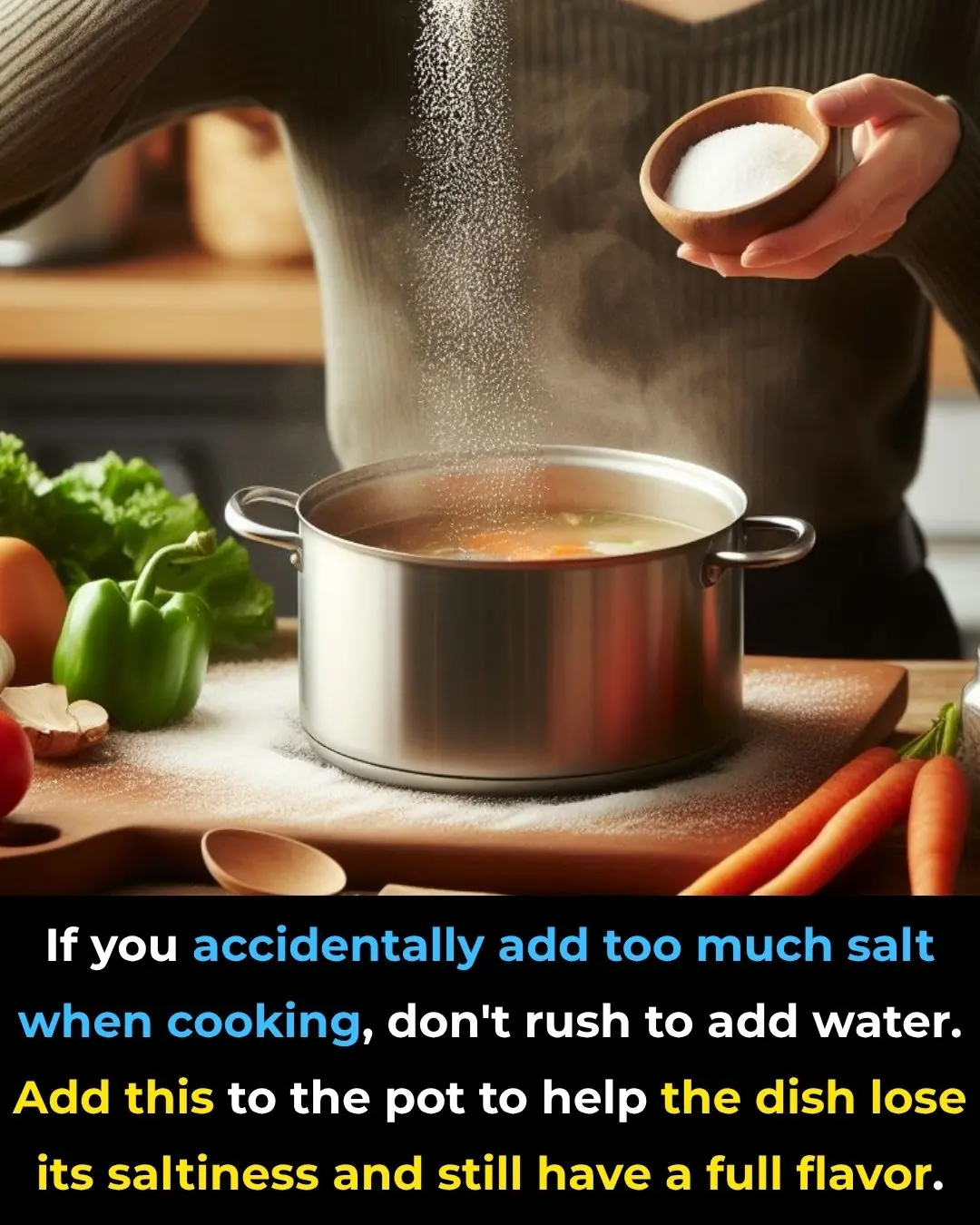
Tips If You Accidentally Add Too Much Salt While Cooking
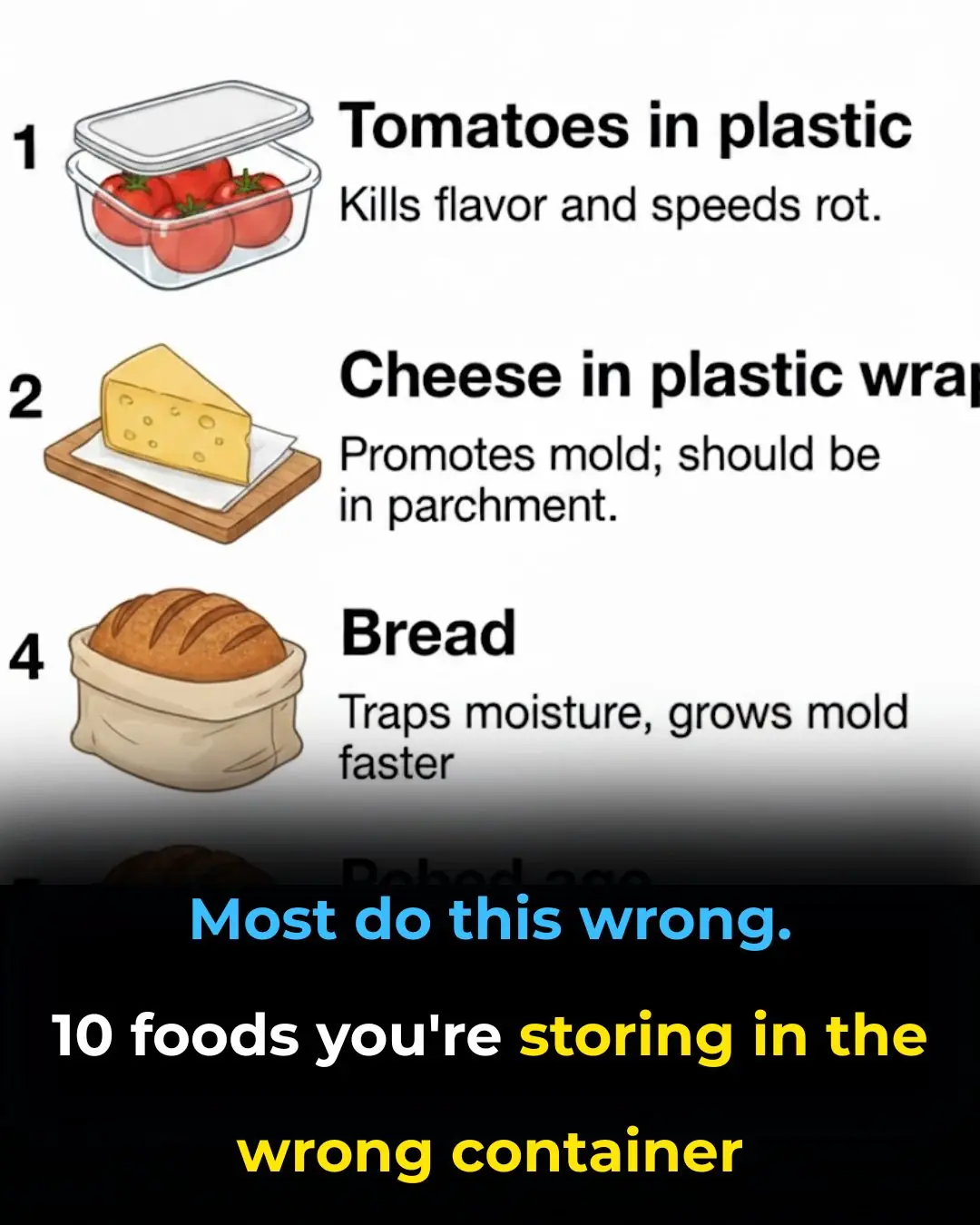
Most do this wrong. 10 foods you’re storing in the wrong container
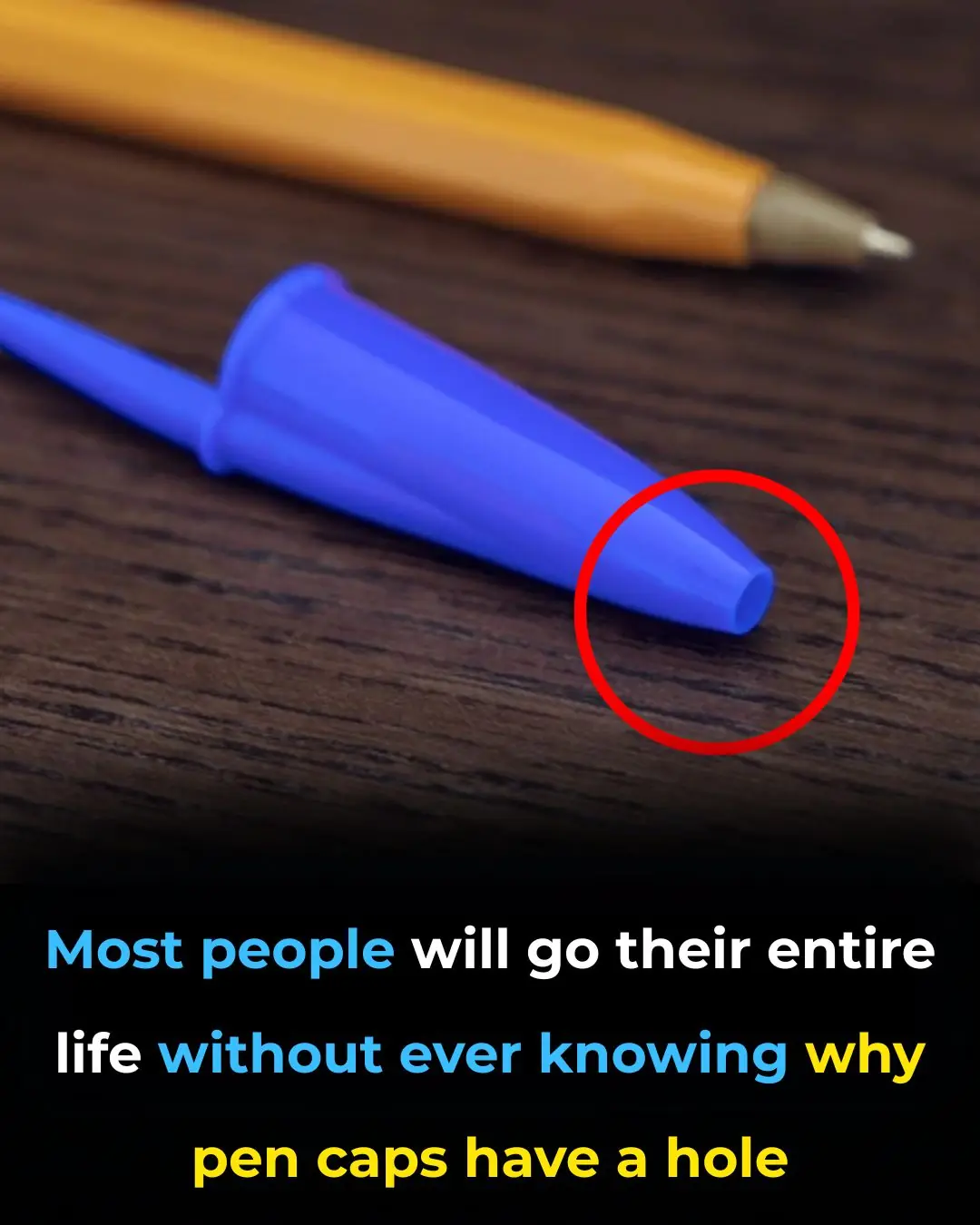
Most people will never know
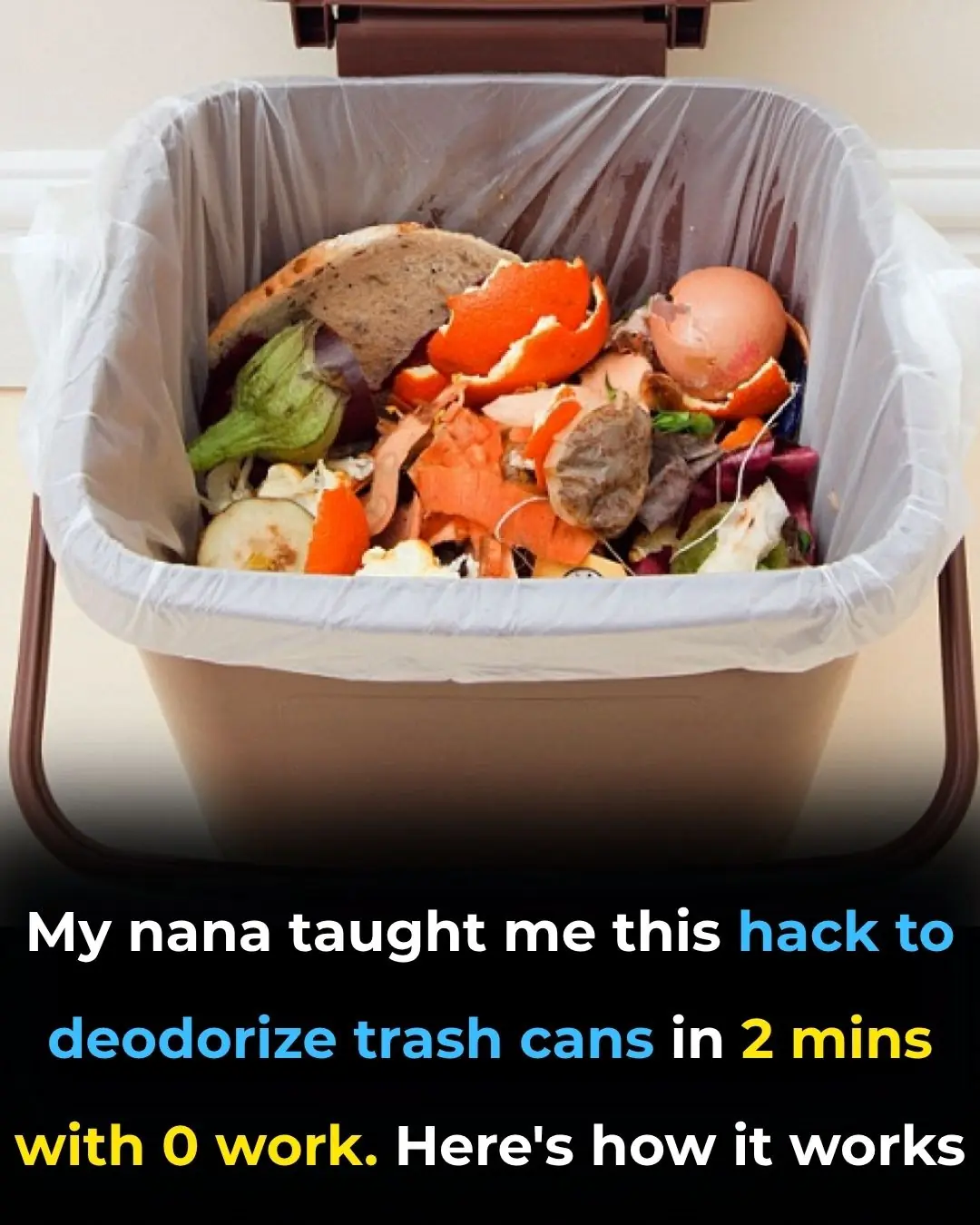
My nana taught me this hack to deodorize trash cans in 2 mins with 0 work. Here’s how it works
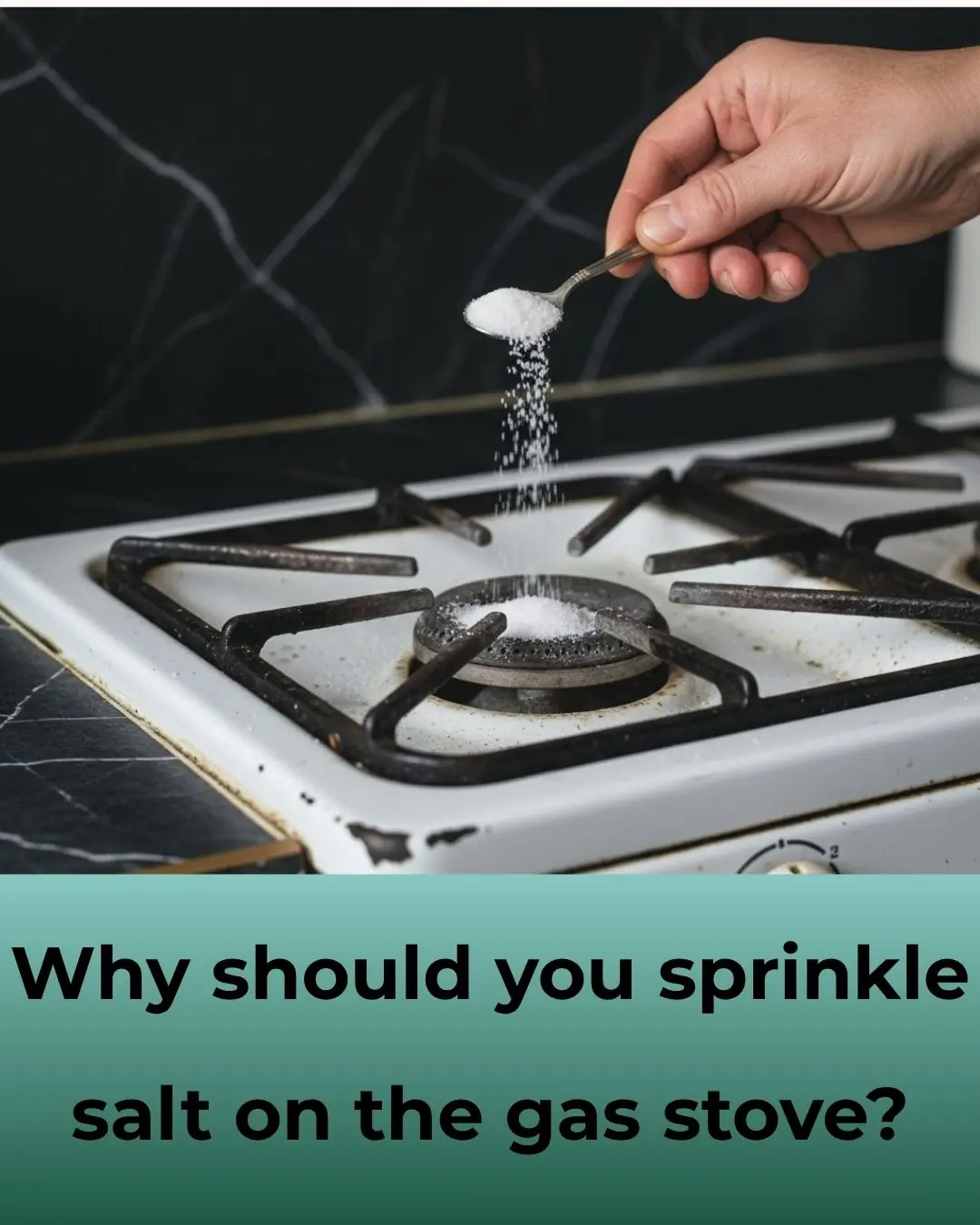
Why You Should Sprinkle Salt on Your Gas Stove — The Surprisingly Powerful Cleaning Trick Everyone’s Talking About
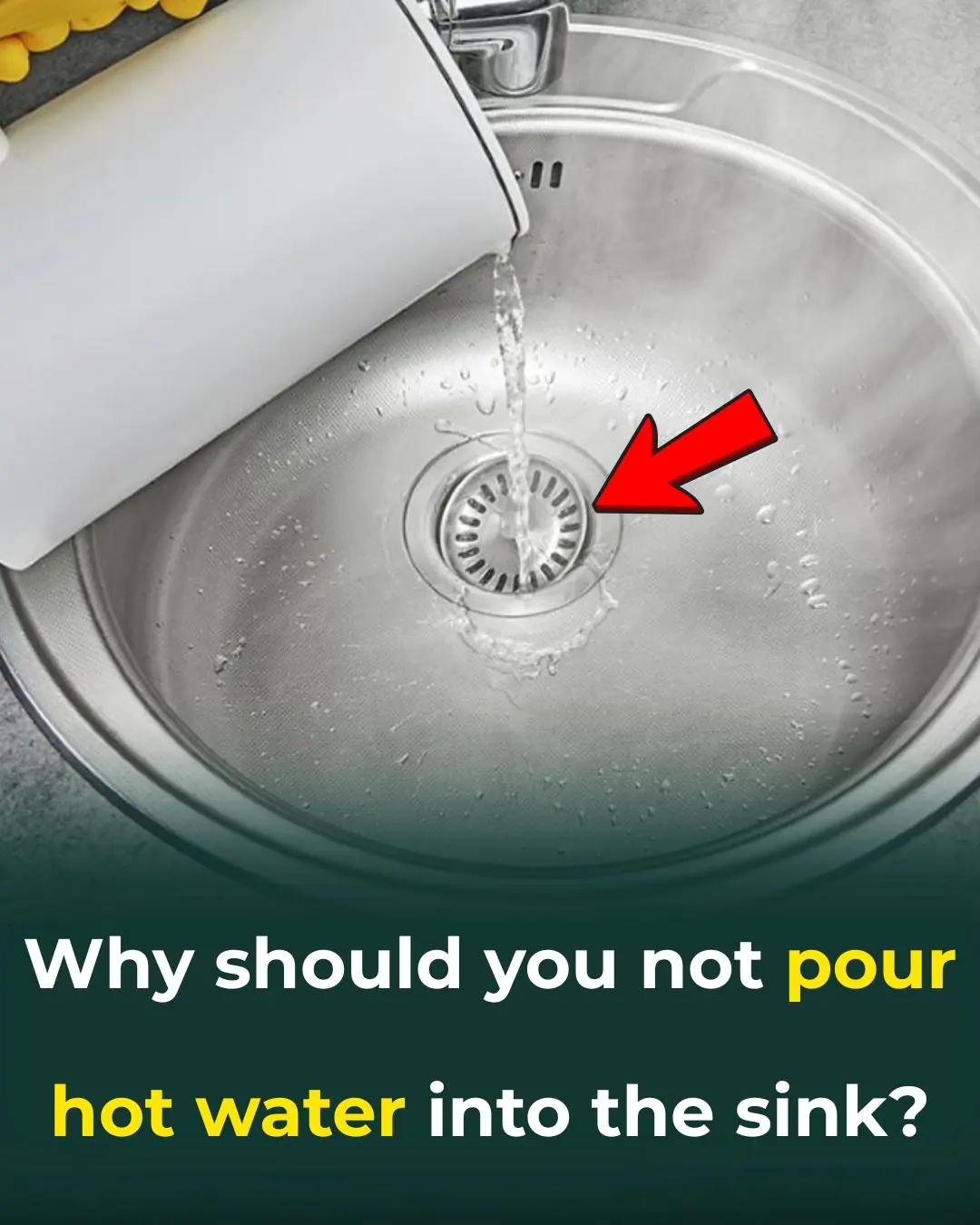
Why You Shouldn’t Pour Hot Water into the Kitchen Sink
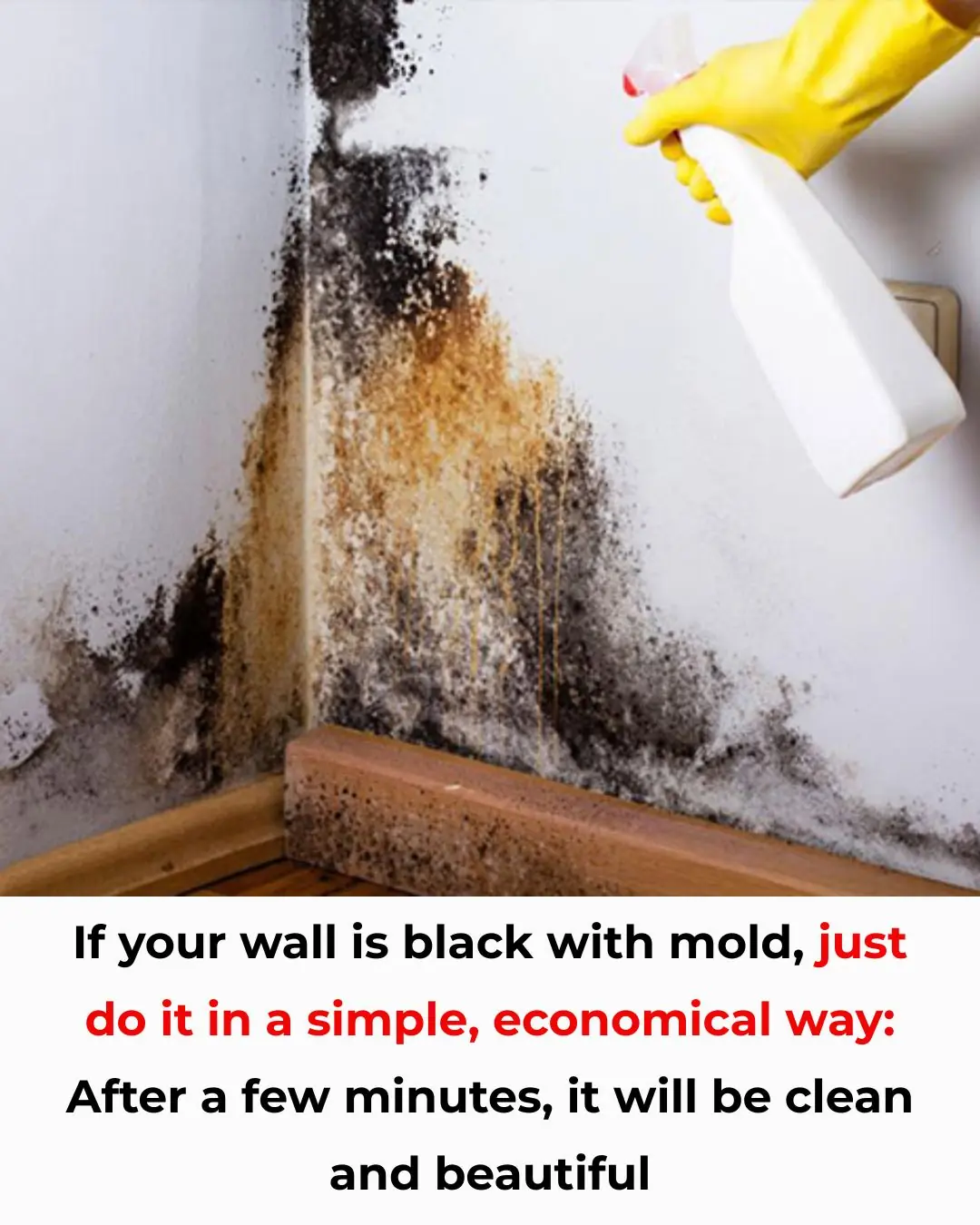
Moldy and Damp Walls? Try These Simple, Budget-Friendly Tricks — Clean and Fresh in Just Minutes
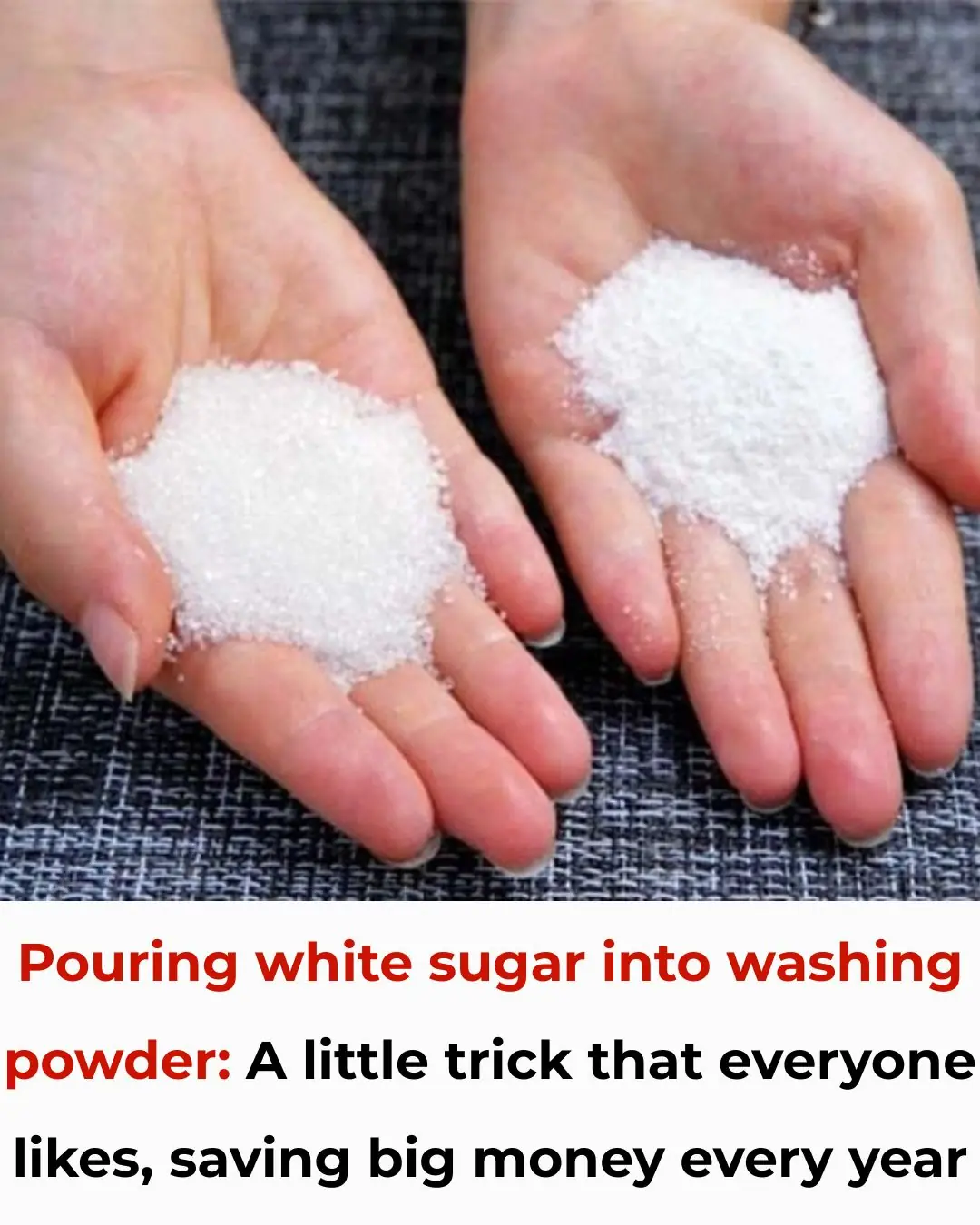
Pour White Sugar into Laundry Detergent: A Simple Household Trick That Saves You Money Every Year
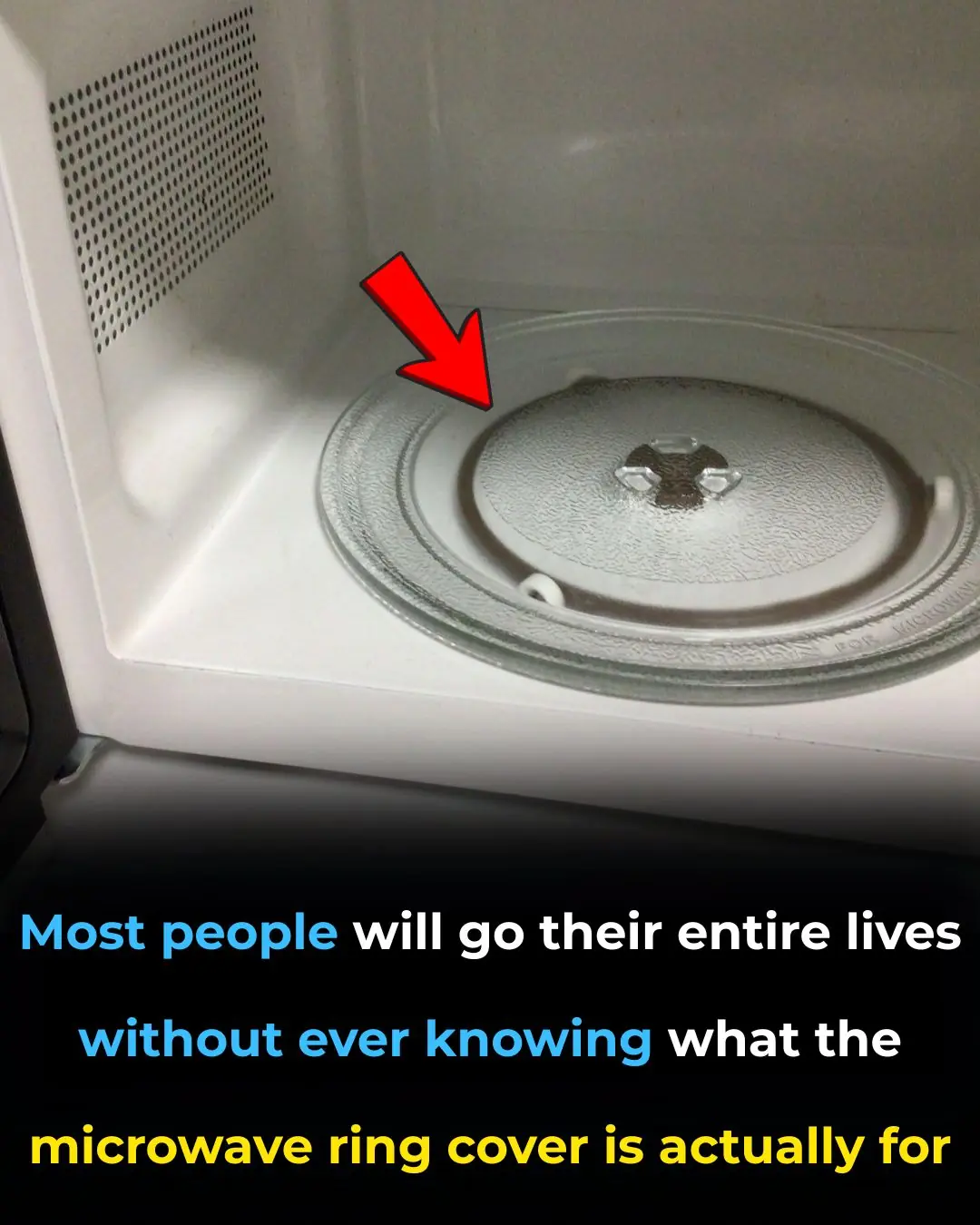
I was totally in the dark on this!
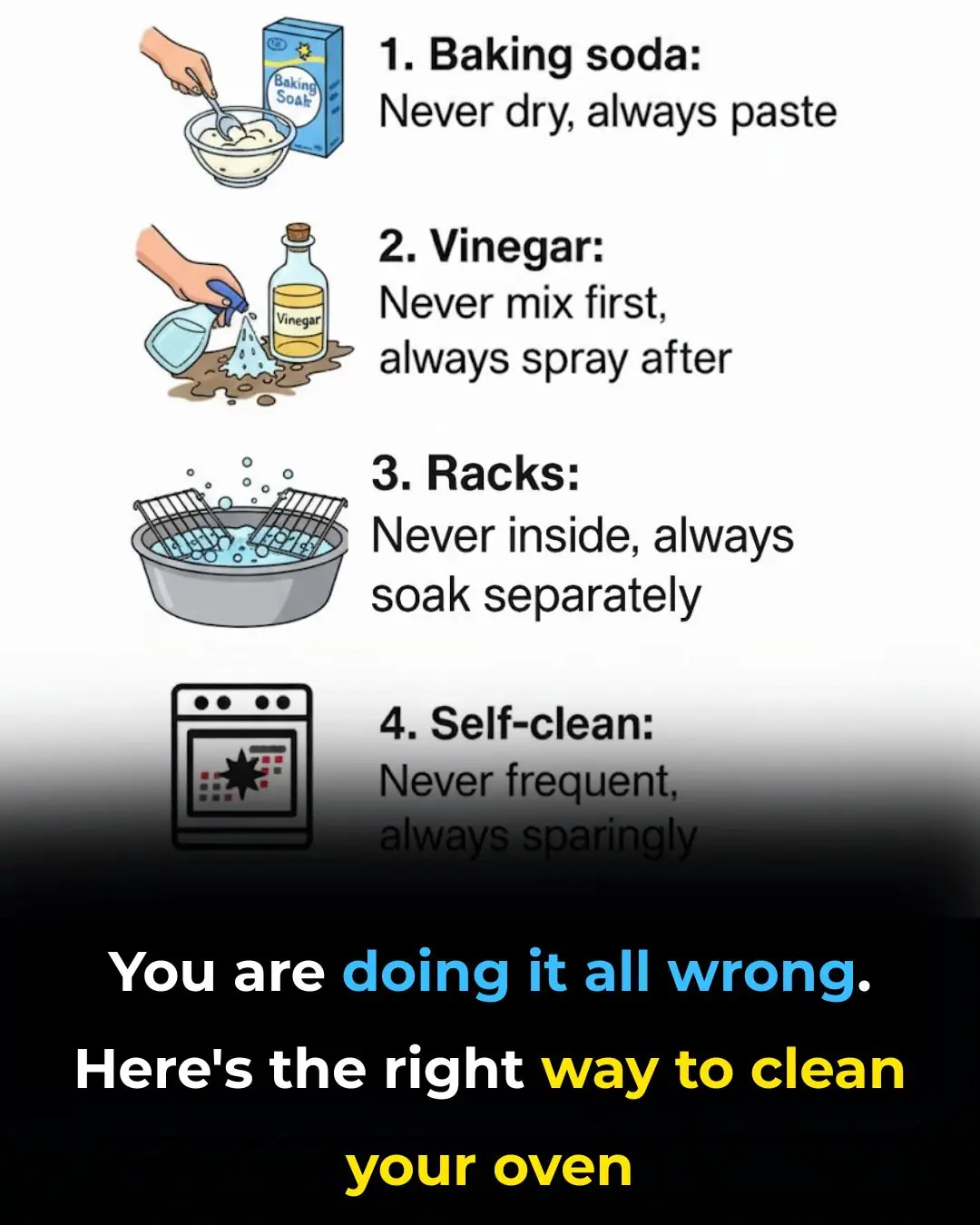
You are doing it all wrong. Here's the right way to clean your oven
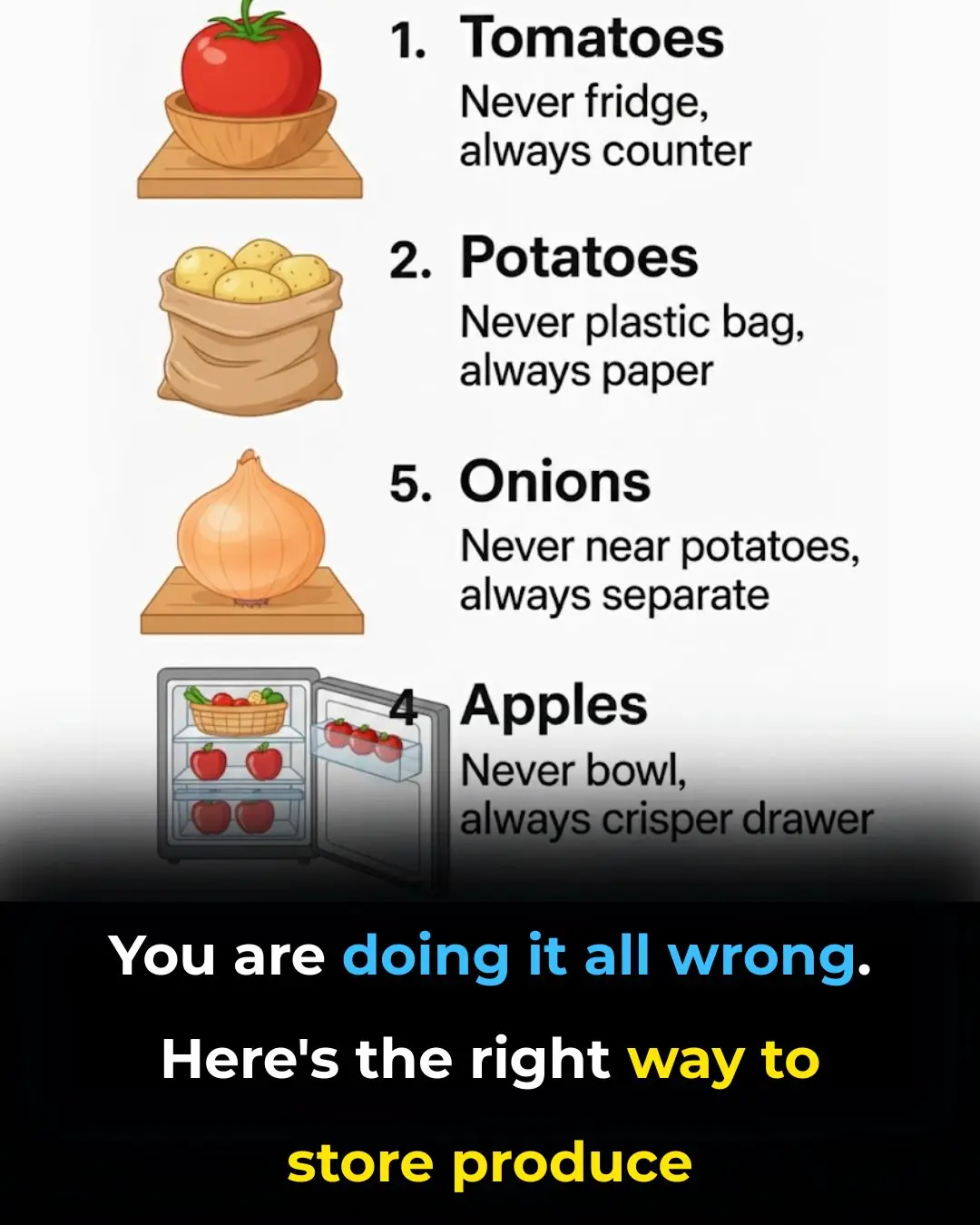
You are doing it all wrong. Here's the right way to store produce
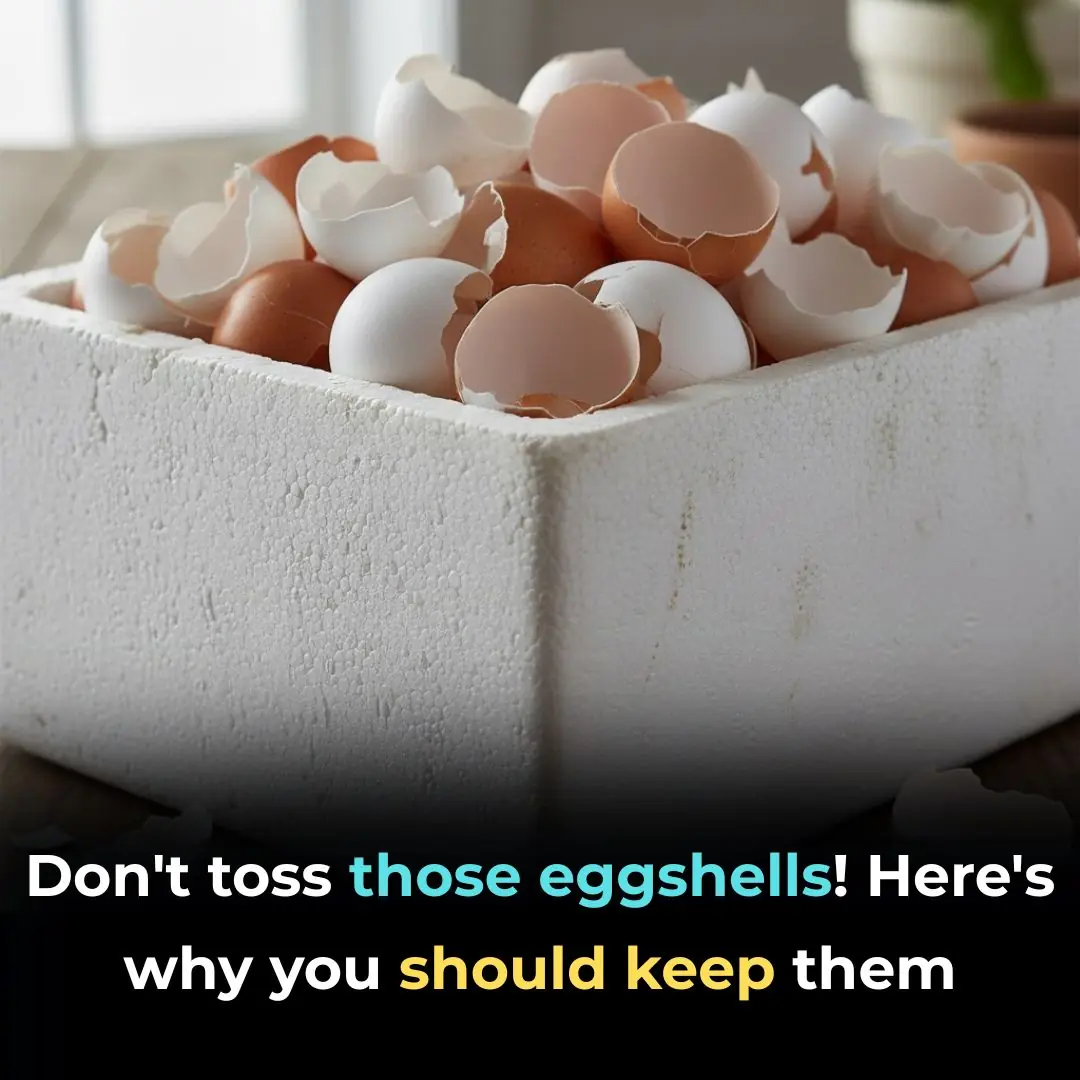
7 Ways to Repurpose Eggshells for a Greener Home and Garden
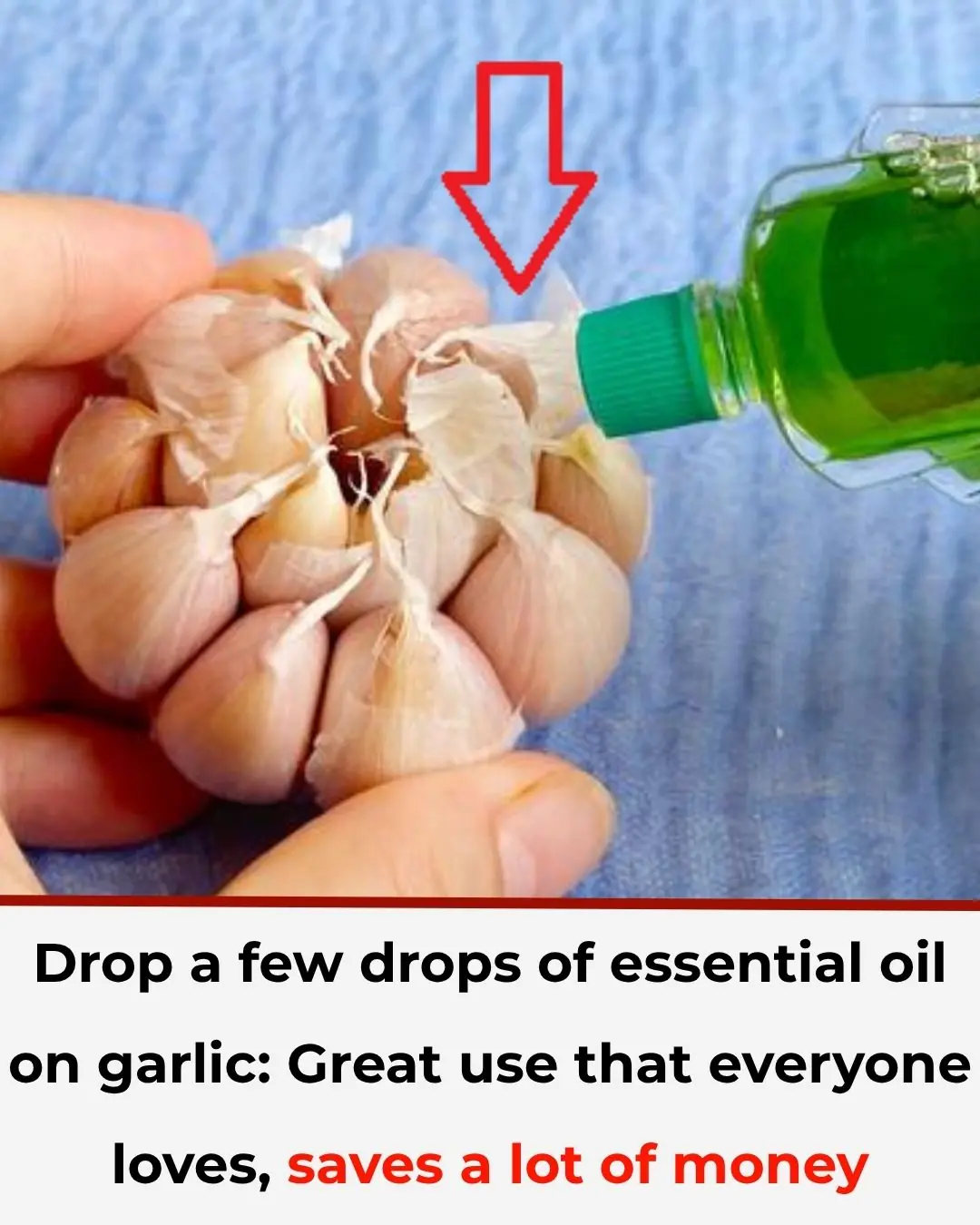
🌿 Add a Few Drops of Medicated Oil to Garlic — The Brilliant Household Trick Everyone Loves!

Did You Know That If These Arrive At Your House It Is a SIGN

Put a cotton ball with VapoRub in your ear & get this remarkable effect
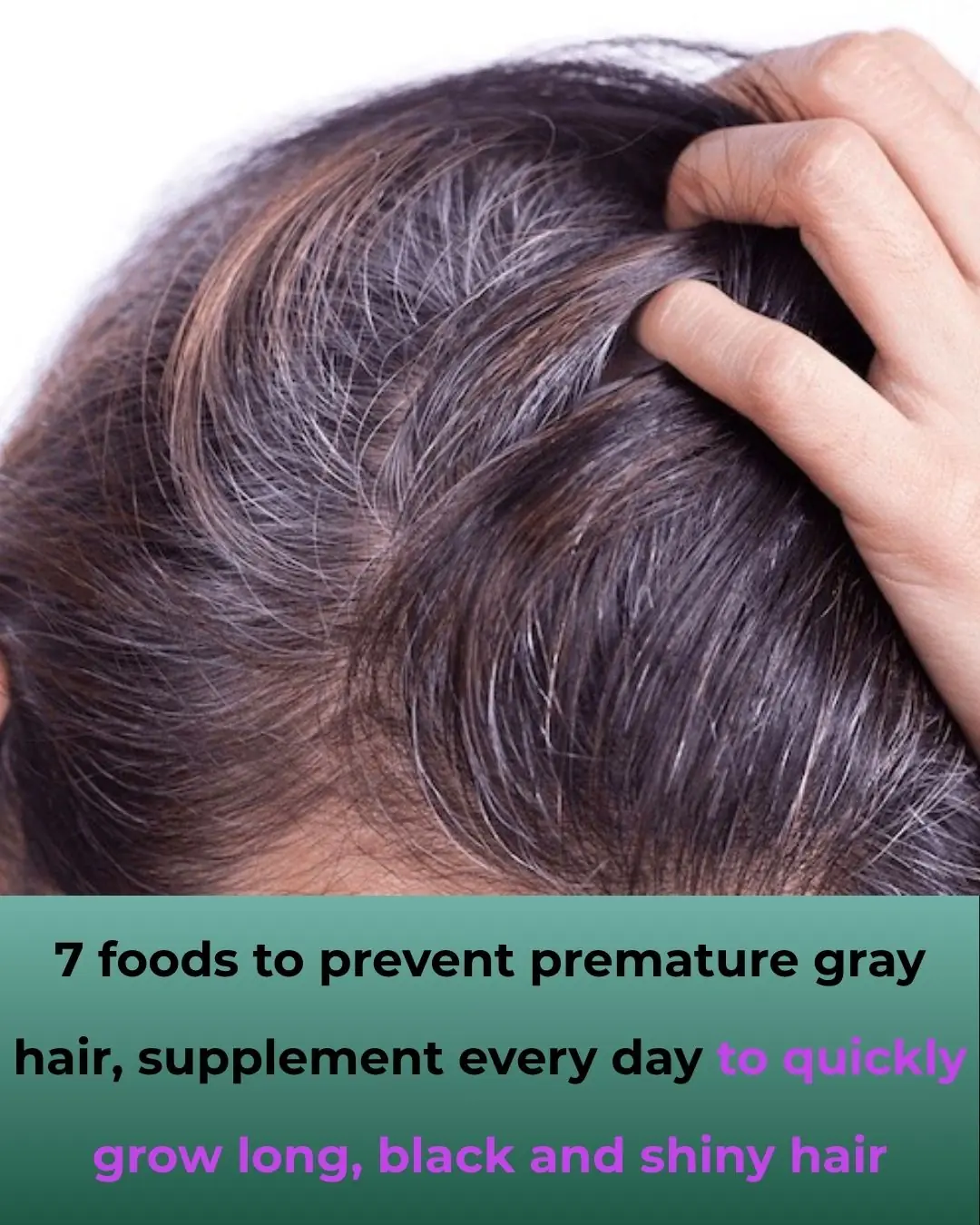
7 foods to prevent premature gray hair, supplement every day to quickly grow long, black and shiny hair
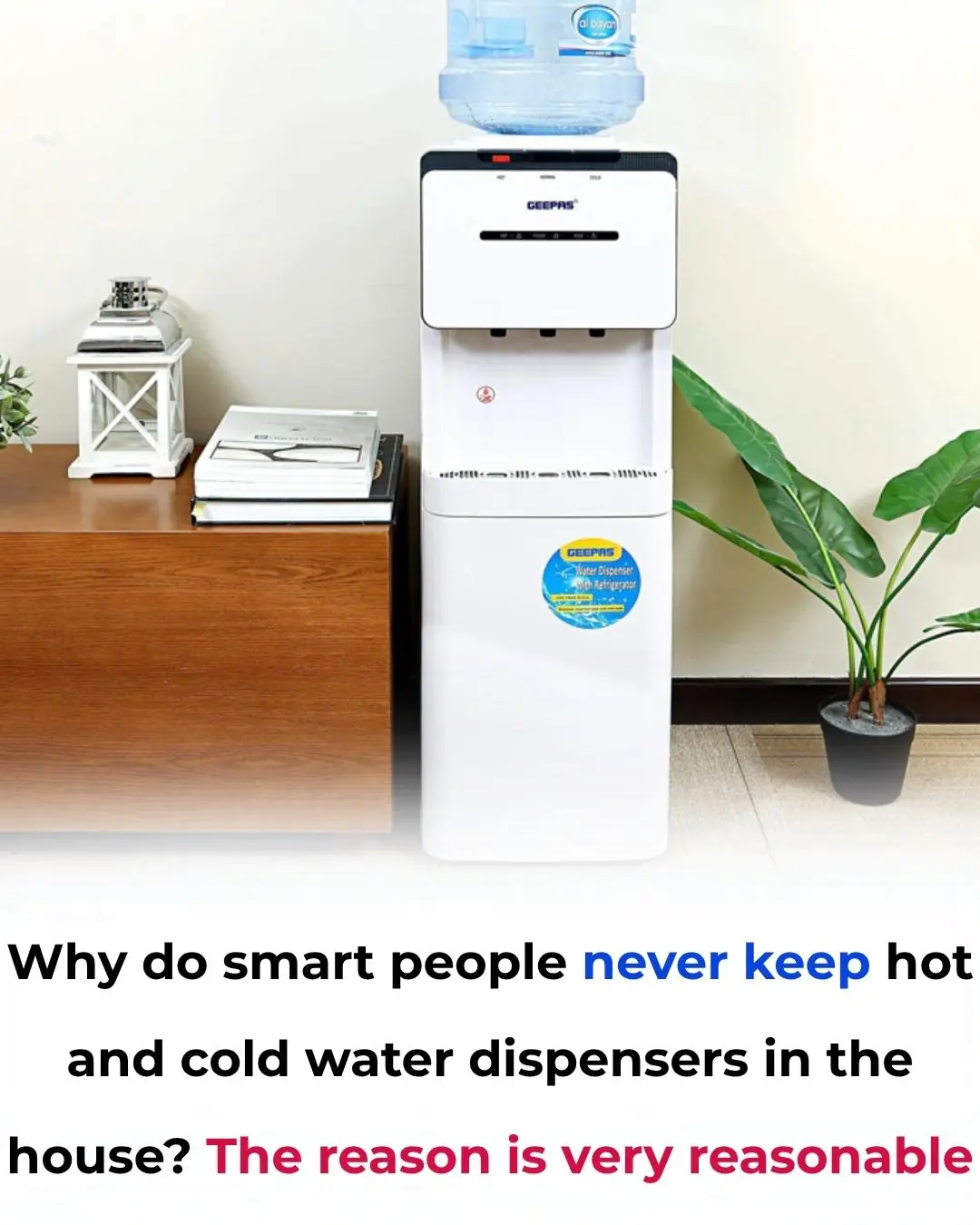
Why do smart people never keep hot and cold water dispensers in the house? The reason is very reasonable
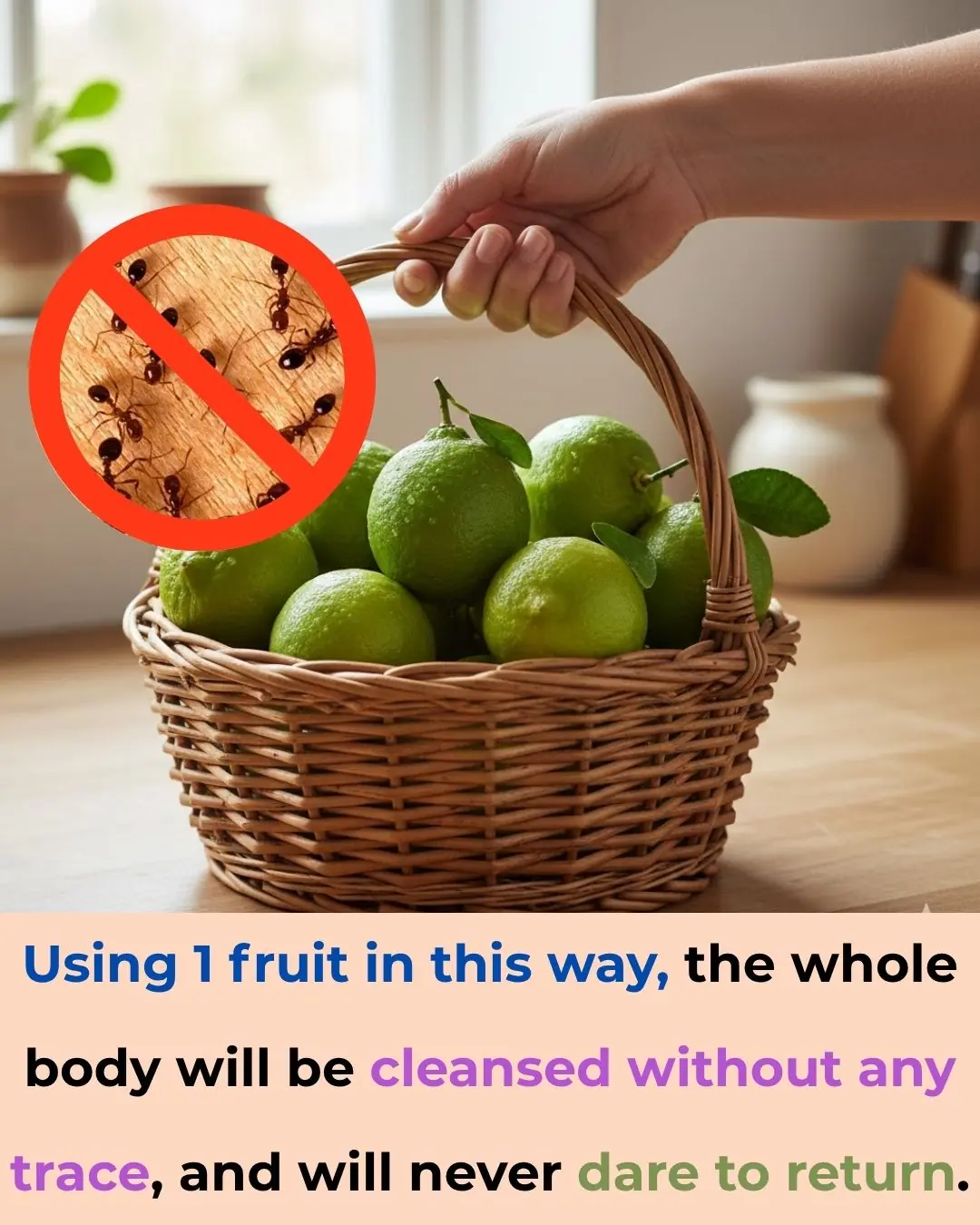
Using 1 fruit in this way, the whole body will be cleansed without any trace, and will never dare to return
News Post

🔊 Hearing Loss: What Really Helps — And What Doesn’t

Health officials issue warning over ‘very contagious’ disease spreading across US state

Tips If You Accidentally Add Too Much Salt While Cooking

🫁 1 Cup to Cleanse Your Lungs of Phlegm and Toxins Naturally

🧠 Nerve Damage? The 6 Best Essential Oils to Help Repair and Soothe Your Nerves
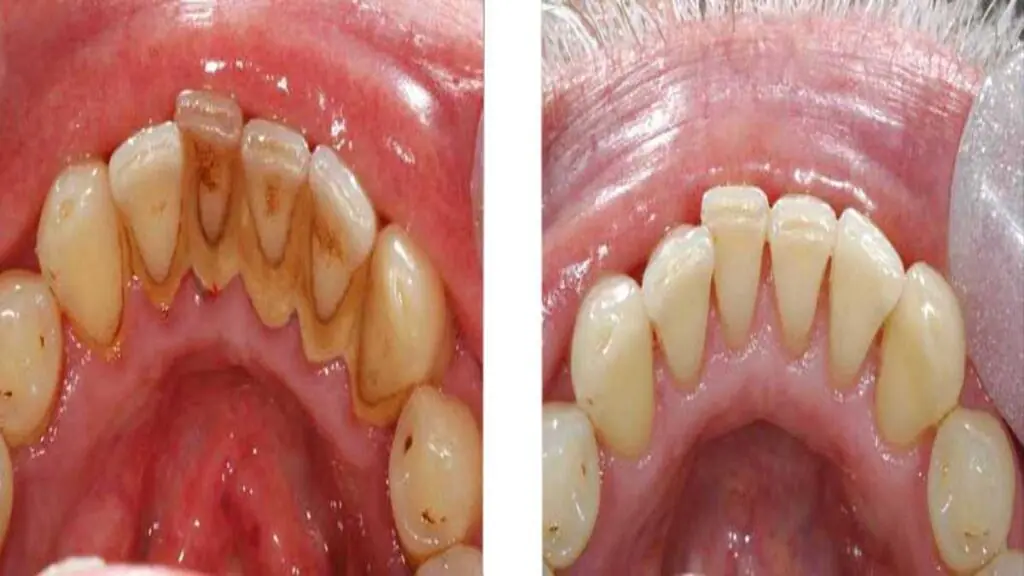
🦷 The #1 Best Remedy for Dental Plaque and Tartar Buildup (Dentist-Approved Home Method)
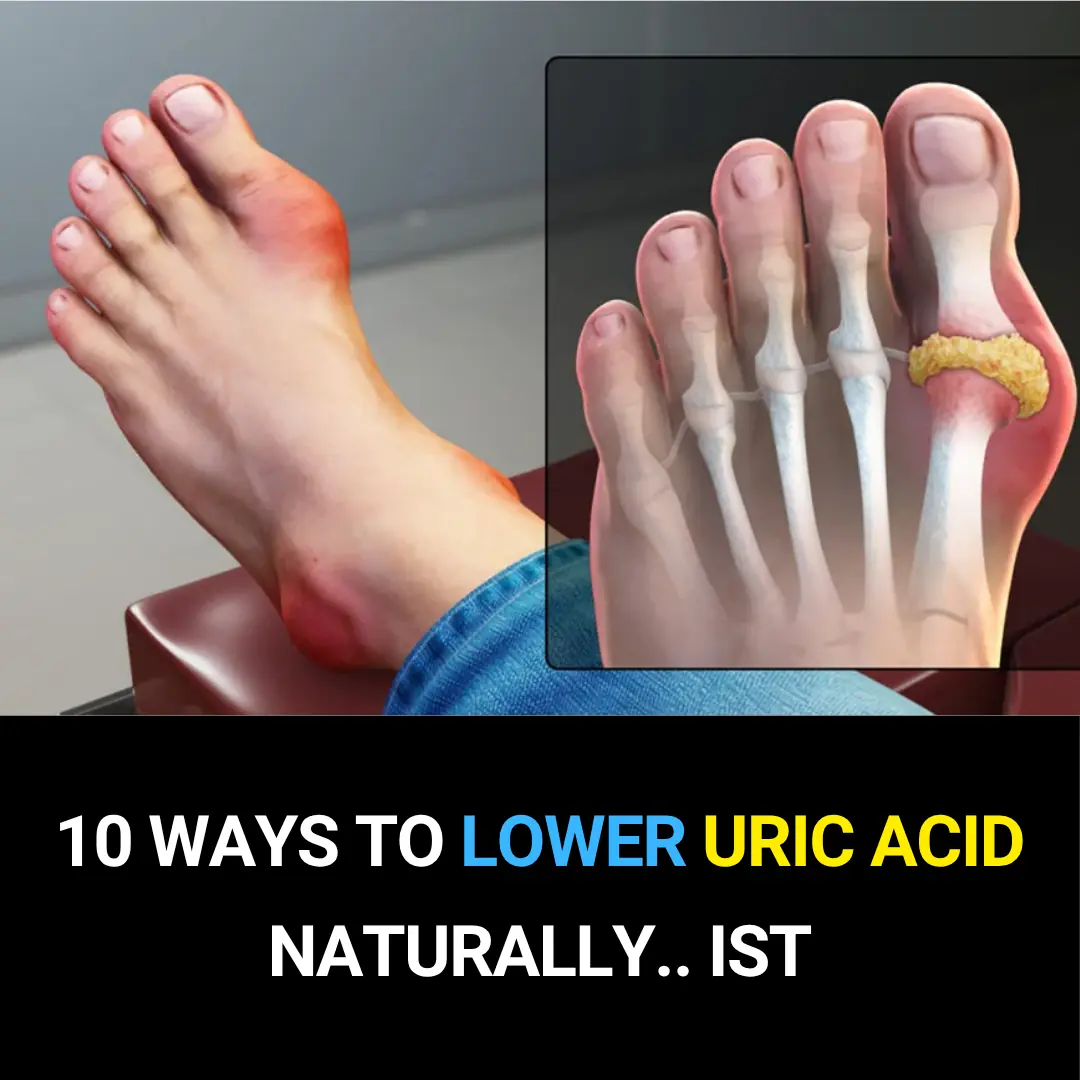
10 Proven Ways to Lower Uric Acid Naturally (Backed by Science)

Three Traditional Foods That Help Menopausal Women Stay Youthful and Balanced
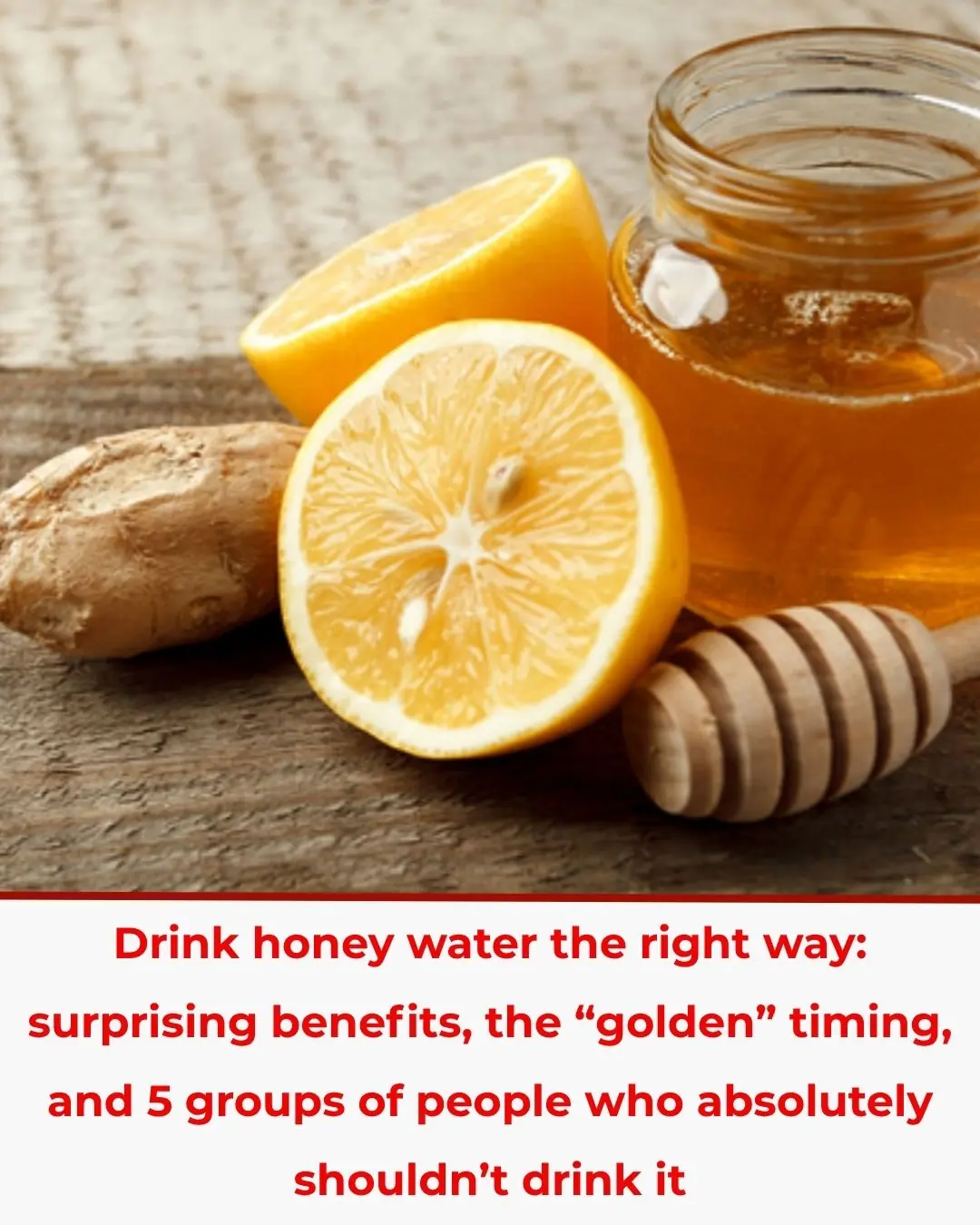
How to Drink Honey Water Properly: Surprising Benefits, Best Times, and Who Should Avoid It

Most do this wrong. 10 foods you’re storing in the wrong container

Most people will never know

My nana taught me this hack to deodorize trash cans in 2 mins with 0 work. Here’s how it works

Why You Should Sprinkle Salt on Your Gas Stove — The Surprisingly Powerful Cleaning Trick Everyone’s Talking About

Taylor Swift reportedly beefs up security by $2M as she steers clear of spotlight at Travis Kelce’s games

Why You Shouldn’t Pour Hot Water into the Kitchen Sink

Moldy and Damp Walls? Try These Simple, Budget-Friendly Tricks — Clean and Fresh in Just Minutes

Pour White Sugar into Laundry Detergent: A Simple Household Trick That Saves You Money Every Year

How Zohran Mamdani’s aloof wife, Rama Duwaji, quietly steered his campaign from behind the scenes

Emmerdale fans spark 'recast' concern as Archie Breckle returns to the village
